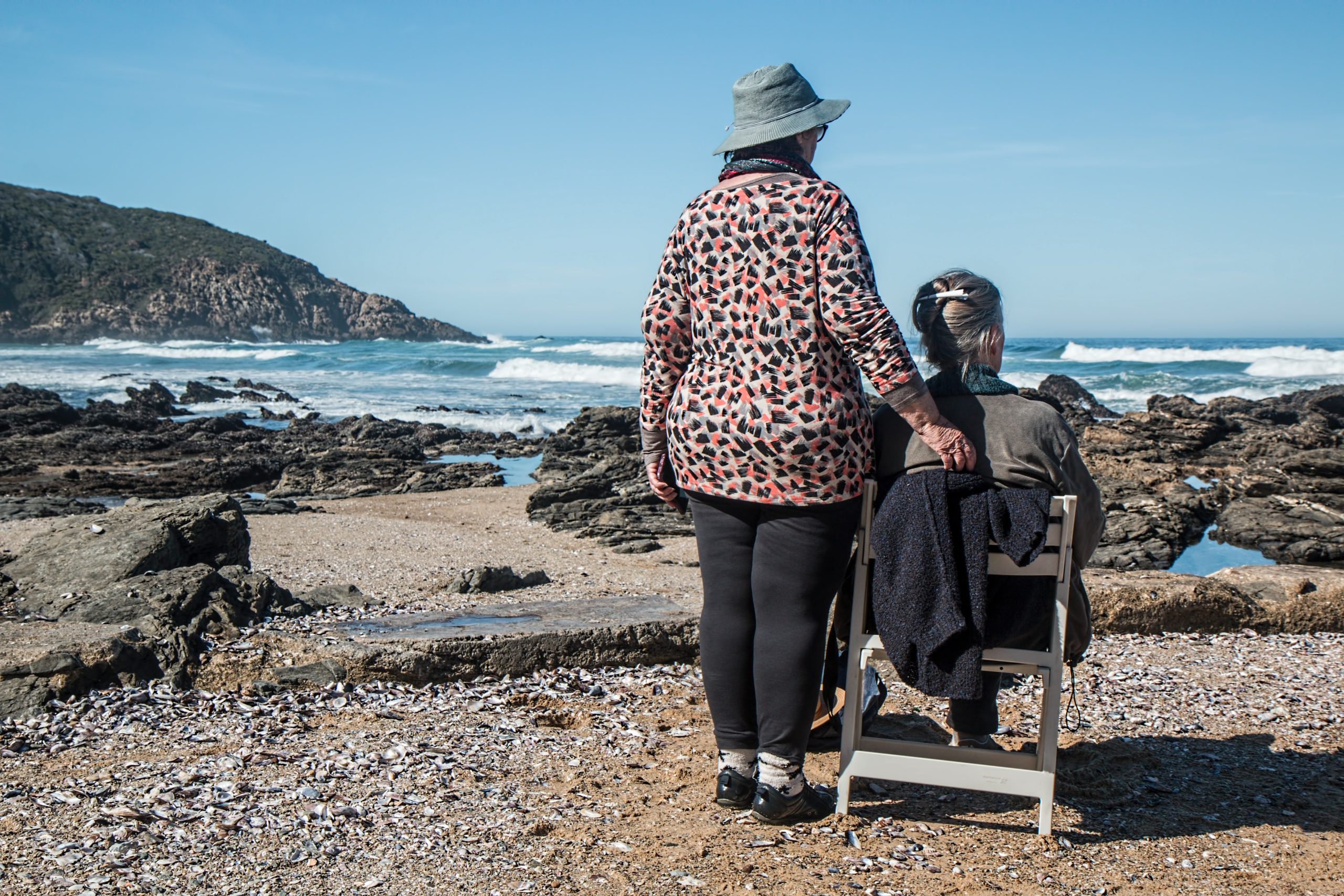Category: Caregiving & Support
Caregiving & Support: This section provides valuable information and resources for seniors, their families, and caregivers to better navigate the challenges of caregiving. Topics covered include home care, respite care, long-term care planning, caregiver support, and coping strategies for common issues related to aging and caregiving. Our aim is to offer practical advice, emotional support, and useful resources to assist seniors and their caregivers in maintaining the highest possible quality of life.
Understanding Alzheimer’s Care: A Comprehensive Guide
What is Alzheimer’s disease? Alzheimer’s disease is a progressive brain disorder that affects memory, thinking, and behavior. It is the most common cause of dementia in older adults and typically occurs in individuals over the age of 65. What are the symptoms of Alzheimer’s disease? The symptoms of Alzheimer’s disease include memory loss, confusion, difficulty…
Read MoreThe Benefits of Senior Health Advocacy: Improving Access to Resources and Care
The Benefits of Senior Health Advocacy: Improving Access to Resources and Care What is senior health advocacy? Senior health advocacy is the process of providing support and guidance to seniors and their families to improve their access to healthcare resources and services. This includes helping seniors navigate the complex healthcare system, connecting them with appropriate…
Read MoreFostering Dignity and Comfort in End of Life Care
What is end of life care? End of life care refers to the medical, emotional, and spiritual support provided to individuals who are nearing the end of their lives. The aim of end of life care is to provide comfort and dignity to patients, and to help them and their families cope with the dying…
Read MoreChoosing Hospice Care: What to Consider and Questions to Ask
Choosing Hospice Care: What to Consider and Questions to Ask What is hospice care? Hospice care is a type of care that focuses on the comfort and quality of life of individuals with serious illnesses. It provides support and care for both the individual and their family members, with the goal of managing symptoms and…
Read MoreEssential Skills for Caregiver Training: A Comprehensive Guide
Essential Skills for Caregiver Training: A Comprehensive Guide What are the essential skills for caregiver training? The essential skills for caregiver training include communication, empathy, patience, organization, problem-solving, and time management. These skills are crucial for providing quality care to individuals who need assistance with daily living activities. Why is communication important for caregiver training?…
Read MorePlanning for the Future: Legal and Financial Considerations in Alzheimer’s Care
Planning for the Future: Legal and Financial Considerations in Alzheimer’s Care What legal documents should be in place for Alzheimer’s care? Legal documents that should be in place for Alzheimer’s care include a durable power of attorney, a healthcare proxy, and a living will. These documents allow a designated person to make financial and medical…
Read MoreThe Benefits of Music Therapy in Alzheimer’s Care
The Benefits of Music Therapy in Alzheimer’s Care What is music therapy? Music therapy is a form of therapy that uses music to address physical, emotional, cognitive, and social needs of individuals. It involves listening, singing, playing instruments, and creating music to improve overall well-being. How does music therapy benefit Alzheimer’s patients? Music therapy has…
Read MoreHow to Build a Support Network for Alzheimer’s Caregivers
How to Build a Support Network for Alzheimer’s Caregivers What is a support network for Alzheimer’s caregivers? A support network for Alzheimer’s caregivers is a group of individuals who offer emotional and practical support to those caring for loved ones with Alzheimer’s disease. Why is building a support network important for Alzheimer’s caregivers? Caring for…
Read MoreNavigating the Challenges of End-Stage Alzheimer’s Care
Navigating the Challenges of End-Stage Alzheimer’s Care What is end-stage Alzheimer’s disease? End-stage Alzheimer’s disease is the final phase of the disease where the individual has significant memory loss, communication difficulties, and is unable to perform basic activities of daily living. It is a severe stage of the disease that requires specialized care. What are…
Read MoreActivities and Engagement for Alzheimer’s Patients: Enhancing Quality of Life
Activities and Engagement for Alzheimer’s Patients: Enhancing Quality of Life What are some activities that can engage Alzheimer’s patients? There are many activities that can engage Alzheimer’s patients, such as music therapy, reminiscence therapy, art therapy, and exercise programs. It’s important to find activities that are appropriate for the individual’s abilities and interests, and to…
Read More








